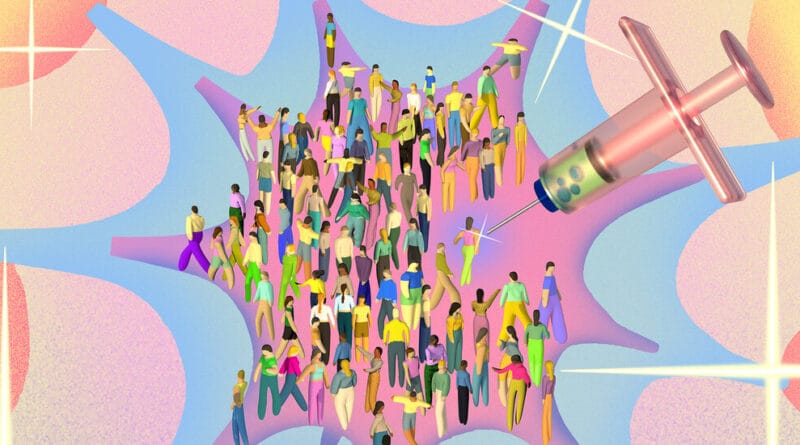Would You Get Sick in the Name of Science?
Challenge trials began to move away from “the periphery of medical research” and toward more mainstream acceptance, said Dr. Joshua Osowicki, a pediatric infectious-disease physician at the Murdoch Children’s Research Institute in Melbourne, Australia. Though volunteers still became sick, they were never brought close to death or serious harm.
That general scientific acceptance was tested during the pandemic. In the spring of 2020, as the world scrambled for a coronavirus vaccine, some scientists began to call for a broader approach that they said should include such trials. That June, three prominent scientists argued in the Journal of Infectious Diseases that they might help speed up the development of a vaccine.
A fiery debate broke out among the public health community. In April 2020, 35 U.S. congressional members wrote a letter calling on regulators to permit challenge trials for Covid-19 vaccines. Three months later, 177 prominent scientists, including 15 Nobel laureates, joined their call. But opponents argued that the risks of infecting volunteers with a poorly understood virus were too great. The National Institutes of Health, Food and Drug Administration and Centers for Disease Control and Prevention all refused to allow them. At least one trial, in the Netherlands, was scuttled because of the perceived risk.
And yet, instead of torpedoing the field, the pandemic “revitalized” it, said Dr. Christopher Chiu, an immunologist at Imperial College London. In 2021, after months of deliberation, the world’s first Covid-19 challenge trial began at Imperial College London — one of two that took place between 2021 and 2022 for Covid-19 — and interest grew from there.
In 2020, while locked down in his Brooklyn apartment, a former corporate lawyer named Joshua Morrison stumbled upon an early draft of the Journal of Infectious Diseases article arguing for Covid challenge trials. That March, Mr. Morrison and two others founded an advocacy group in Washington, D.C., as a place to organize potential volunteers for Covid-19 challenge trials. As a nod to the speed of challenge trials, they called it 1Day Sooner. Within months, the organization had tens of thousands of sign-ups.





